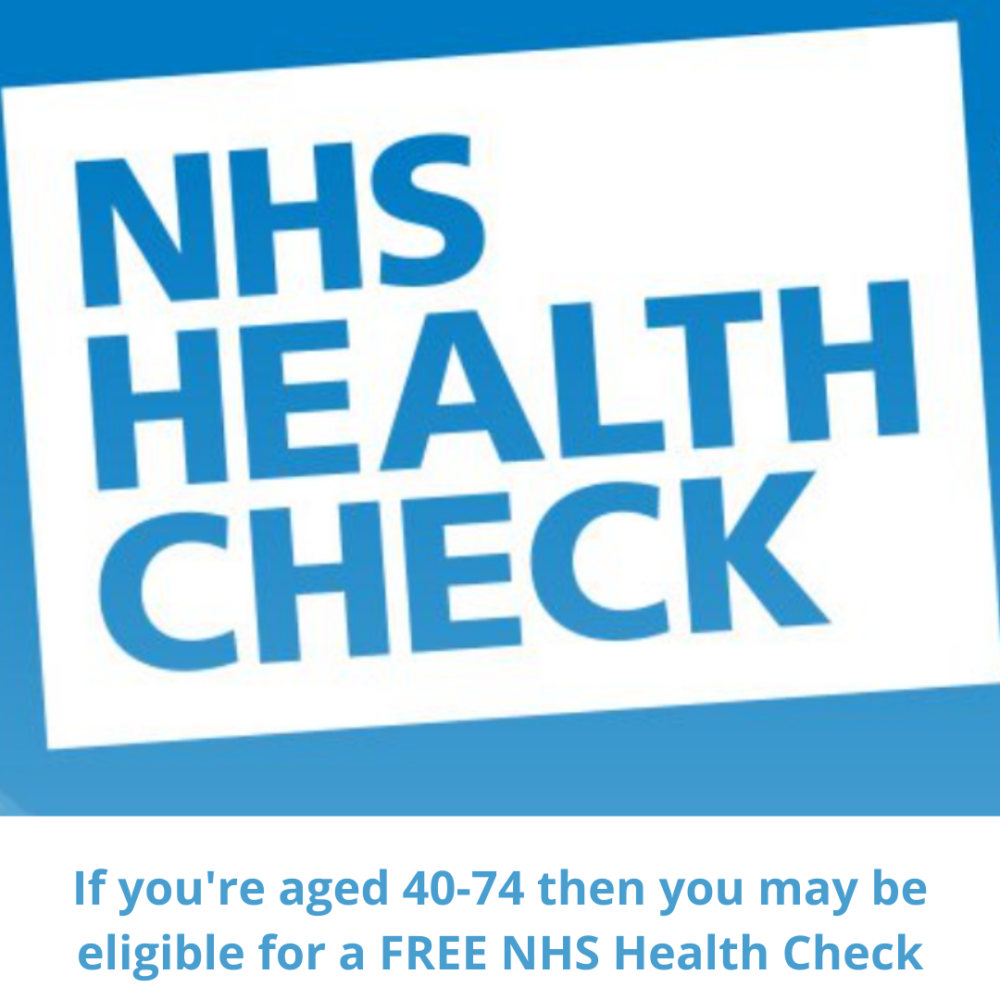ASTHMA
Our Asthma Practices Nurses

Louise Smith-Agar & Nikki Dennis
Introduction
Asthma is a common lung condition that causes occasional breathing difficulties.
It affects people of all ages and often starts in childhood, although it can also develop or the first time in adults.
There’s currently no cure, but there are simple treatments that can help keep the symptoms under control so it doesn’t have a big impact on your life
To find out more about ASTHMA please visit the following websites
The aim of this page is to provide Practice Patients diagnosed with Asthma with guidance and information on their treatment and ways to cope with the condition, so it has the minimum impact on their lives
Treatments
Asthma is usually treated by using an inhaler, a small device that lets you breathe in medicines.The main types are:
- reliever inhalers – used when needed to quickly relieve asthma symptoms for a short time
- preventer inhalers – used every day to prevent asthma symptoms occurring
your Asthma Nurse may recommend that you use a combination inhaler a reliever and preventer in one. Some people also need to take tablets.
Read more about how asthma is treated and living with asthma.
Annual Reviews
If you have Asthma it is important that you attend your annual review with one of our Asthma Nurses – this is even if you believe your Astma is well controlled as improvements in medication and advice change regularly.
Causes and Triggers
Asthma is caused by swelling (inflammation) of the breathing tubes that carry air in and out of the lungs. This makes the tubes highly sensitive, so they temporarily narrow.It may occur randomly or after exposure to a trigger. Common asthma triggers include:
- allergies – to house dust mites, animal fur or pollen, for example
- smoke, pollution and cold air
- exercise
- infections like colds or flu
Identifying and avoiding your asthma triggers can help you keep your symptoms under control.Read more about the causes of asthma.
Complications
Although asthma can normally be kept under control, it’s still a serious condition that can cause a number of problems.This is why it’s so important to follow your treatment plan provided by our Asthma Nurses, and not ignore your symptoms if they’re getting worse.Badly controlled asthma can cause problems such as:
- feeling tired all the time
- underperformance at or absence from work or school
- stress, anxiety or depression
- disruption of your work and leisure because of unplanned visits to your GP or hospital
- lung infections (pneumonia)
- delays in growth or puberty in children
There’s also a risk of severe asthma attacks, which can be life-threatening.
Leaflets
How to improve my inhaler technique – video demonstrations
Improve your inhaler technique in three minutes! Watch these short videos from Asthma UK to learn how to use your inhaler properly and better manage your respiratory symptoms






